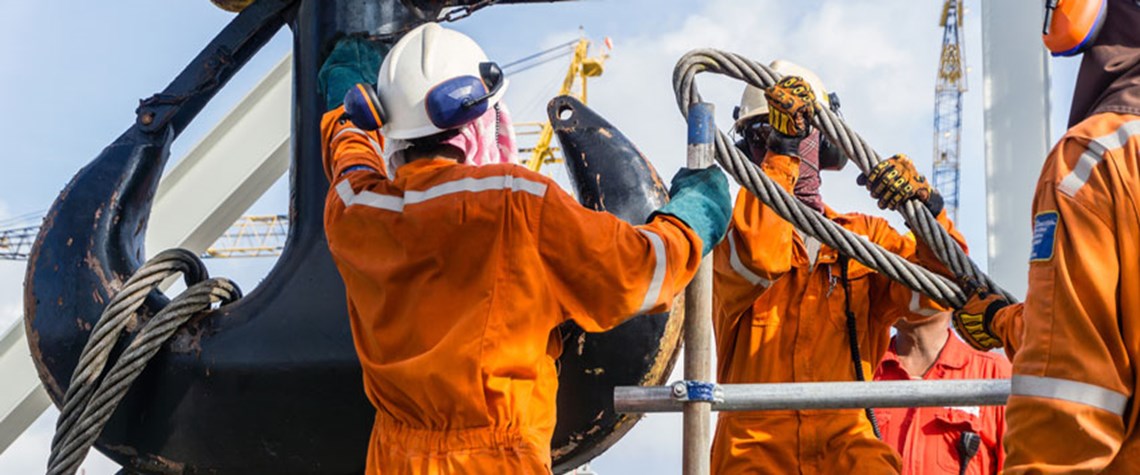Opportunity knocks for collaboration increase
Oil and gas can improve its economics and decarbonise its value chain—and achieve those wins quickly—through changing its working practices
The oil and gas industry strives to minimise its carbon footprint and increase its safety, productivity and reliability, while also tackling costs. More sustainable or safer solutions can, though, be costly and may not result in higher productivity. These trade-offs are of a particular concern against a backdrop of high price volatility and an urgent need for profitability to fund reducing emissions in the short and long term. But these challenging circumstances also present an opportunity to revisit established ways of working and to reposition the industry for the long term. And there are avenues that can advance these key imperatives without the need to choose between the environment, saf

Also in this section
17 February 2026
The 25th WPC Energy Congress, taking place in Riyadh, Saudi Arabia from 26–30 April 2026, will bring together leaders from the political, industrial, financial and technology sectors under the unifying theme “Pathways to an Energy Future for All”
17 February 2026
Siemens Energy has been active in the Kingdom for nearly a century, evolving over that time from a project-based foreign supplier to a locally operating multi-national company with its own domestic supply chain and workforce
17 February 2026
Eni’s chief operating officer for global natural resources, Guido Brusco, takes stock of the company’s key achievements over the past year, and what differentiates its strategy from those of its peers in the LNG sector and beyond
16 February 2026
As the third wave of global LNG arrives, Wood Mackenzie’s director for Europe gas and LNG, Tom Marzec-Manser, discusses with Petroleum Economist the outlook for Europe’s gas market in 2026







